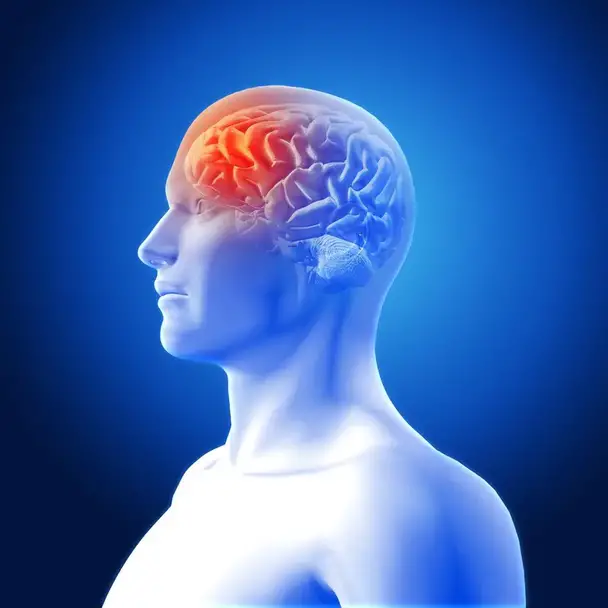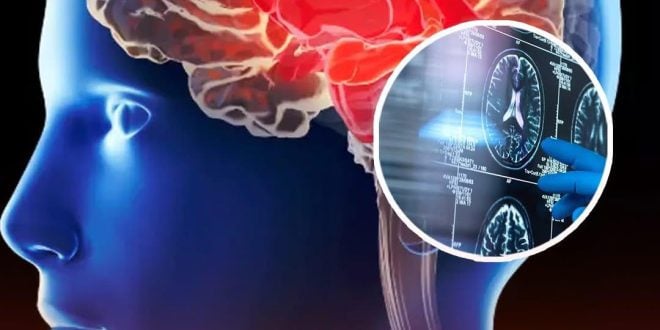There are 4 red flags your brain might be in trouble, as experts emphasize that Alzheimer’s often begins decades before any symptoms become noticeable. Recognizing these signs early can help mitigate risks and take steps toward brain health.
Alzheimer’s is a devastating condition that typically affects people over the age of 65, although its early stages can begin much earlier. The disease gradually erodes memory and cognitive function, leaving patients unable to care for themselves. Experts are urging people to understand and recognize the early warning signs.

Dr. Daniel Amen, a psychiatrist and brain imaging researcher, has highlighted 4 red flags your brain might be in trouble, encouraging early action to address potential risks.
1. Poor Memory
Dr. Amen advises people to reflect on whether their memory has worsened over the last decade. While occasional forgetfulness is normal, consistently forgetting names, places, or common words could be a sign of trouble. The hippocampus, the brain region responsible for forming memories, is often one of the first areas affected by Alzheimer’s.

2. Poor Judgment and Impulsivity
Alzheimer’s can make the brain go “offline,” as Dr. Amen explains, leading to impaired judgment and decision-making. Everyday tasks, such as managing finances, may become overwhelming as the frontal lobe — responsible for problem-solving and risk assessment — starts to deteriorate.
3. Short Attention Span
Difficulty concentrating or maintaining focus is another warning sign. A short attention span or increasing distractibility, distinct from lifelong conditions like ADHD, could indicate early changes in the brain’s function.
4. Low Mood and Emotional Changes
Up to 50% of Alzheimer’s patients experience depression. Dr. Amen notes that irritability and mood swings are common as the areas of the brain responsible for emotional regulation are impacted. Low energy and apathy may also raise red flags.
Risk Factors for Alzheimer’s
Dr. Amen stresses the importance of addressing risk factors early to protect brain health. These include:
- Obesity
- Low energy levels
- Erectile dysfunction
- Insomnia or sleep apnea
“If you have any of these risk factors, now is the time to get serious about brain health,” Dr. Amen advises.
Seeking Help
If you’re worried about 4 red flags your brain might be in trouble, consult your GP or a healthcare professional. Early detection can help manage the condition and improve quality of life. For support, contact the Alzheimer’s Society at 0333 150 3456 or visit their website.
Please SHARE this article with your friends and family on Facebook.
 Viral Hatch US/UK No.1 News Portal
Viral Hatch US/UK No.1 News Portal







